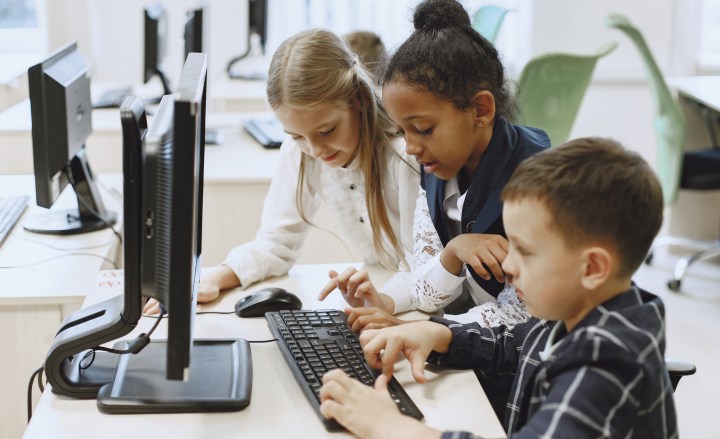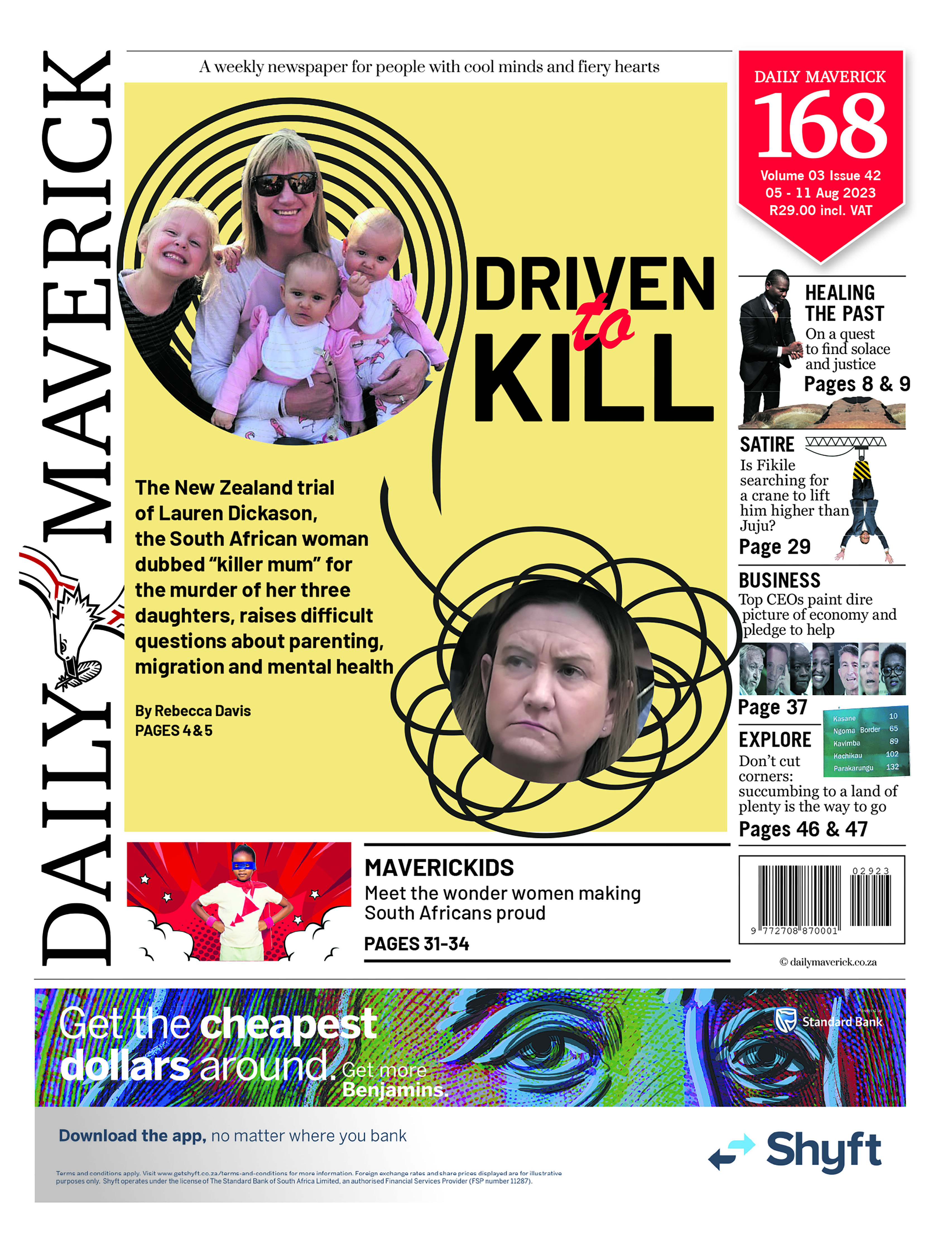DIGITAL EDUCATION
Technology in schools comes with risks and rewards, says UN

A hefty report by the United Nations’ educational body, Unesco, pleads for a ‘human-centred vision’ when using digital tech in education and highlights that its benefits are spread unevenly.
A report as thick as a telephone directory was published by Unesco last week. Titled Technology in Education: A Tool on Whose Terms? it explores questions that policymakers and educators should reflect upon as educational technology becomes increasingly accessible and used around the globe.
The report notes that the adoption of digital technology has resulted in many changes in education and learning, yet it is debatable whether technology has transformed education, as many claim.
It says “the application of digital technology varies by community and socioeconomic level, by teacher willingness and preparedness, by education level and by country income. Except in the most technologically advanced countries, computers and devices are not used in classrooms on a large scale.”
Unesco says regulations for technology set outside the education sector will not necessarily address education’s needs, and it urges countries to carefully consider how technology is used in schools, emphasising the need for a “human-centred vision”.
The most disadvantaged are typically denied the opportunity to benefit, says the report, highlighting the disparities created by digital learning. During the Covid pandemic, half a billion students worldwide were left out owing to the shift to online-only tuition, and the report notes a significant imbalance in online resources favouring Europe and North America.
Unesco urges countries to set their own standards for the way technology is designed and used in education so that it never replaces in-person, teacher-led instruction, and supports the shared objective of quality education for all.
“The digital revolution holds immeasurable potential but, just as warnings have been voiced for how it should be regulated in society, similar attention must be paid to the way it is used in education,” warns Unesco director-general Audrey Azoulay.
“Its use must be for enhanced learning experiences and for the wellbeing of students and teachers, not to their detriment.”
One of the questions Unesco proposes focuses on the appropriate use of technology in class. For example, disabled children who may struggle in a traditional, in-person setting may benefit from the option of technological assistance.
“The opportunities it has opened up are incredible, and we are always amazed by the new windows this opens for students,” says Manos Antoninis, the Unesco director responsible for producing the report.
However, he adds: “We need to teach children to live both with and without technology; to take what they need from the abundance of information, but to ignore what is not necessary; to let technology support but never supplant human interactions in teaching and learning.”
The report underlines that the right to education is increasingly synonymous with the right to meaningful connectivity, yet one in four primary schools doesn’t have electricity. It calls for all countries to set benchmarks for connecting schools to the internet between now and 2030, and for the primary focus to remain on marginalised communities.
Unesco also notes that there’s a lack of impartial evidence concerning the added value of technology. Most evidence comes from the US, where the What Works Clearinghouse pointed out that less than 2% of education interventions assessed had “strong or moderate evidence of effectiveness”.
The evolution of technology is putting strain on education systems to adapt, Unesco argues: “Digital literacy and critical thinking are increasingly important, particularly with the growth of generative AI.”
Additional data in the report show that this adaptation movement has begun: 54% of countries surveyed have outlined skills they want to develop for the future, but only 11 out of 51 governments surveyed have curricula for AI.
Unesco points out that teachers also need appropriate training, yet only half of countries have standards for developing teachers’ information and communication technology (ICT) skills. Even fewer have teacher training programmes that cover cybersecurity, despite 5% of ransomware attacks targeting education.
Risks of technology in classrooms
In contrast to digital technology’s potential to improve education, the risks of ICT in education are often ignored by research and evaluations, says the report.
“Student use of devices beyond a moderate threshold may have a negative impact on academic performance. The use of smartphones and computers disrupts classroom and home learning activity.”
The decline in learning is mostly linked to increased distraction and time spent on non-academic activities during learning hours. Incoming notifications, or the proximity of a mobile device, can be a distraction that results in students not paying attention to the task at hand. This affects recall and comprehension – a study found that it can take students up to 20 minutes to refocus on what they were learning after engaging in a non-academic activity.
Unesco suggests that smartphones should be banned from schools to tackle these challenges. It says its call for a smartphone ban sends a clear message that digital technology, including AI, should always be subservient to a “human-centred vision” of education and never replace face-to-face interaction with teachers.
Excessive or inappropriate student use of technology in the classroom and at home, whether smartphones, tablets or laptops, could be distracting, disruptive and result in a detrimental impact on learning. The report cites large-scale international assessment data that indicated a “negative link” between the excessive use of digital technology and student performance.
Although technology could potentially open opportunities for learning for millions, the benefits are unequally spread, with many poorer people from around the world effectively excluded. Digital educational infrastructure is also expensive, and its environmental costs are often underestimated. The cost of digital transformation is well beyond poor countries’ reach, according to Unesco.
The report recommends that the use of technology in education should be in students’ best interests and complement face-to-face interaction with teachers. I’m not sure that we will even have the time to consider these questions, considering the pace of development. DM
Mark Potterton is the head of Dominican Convent School and director of the Three2Six Refugee Children’s project.
This story first appeared in our weekly Daily Maverick 168 newspaper, which is available countrywide for R29.


















 Become an Insider
Become an Insider
Comments - Please login in order to comment.